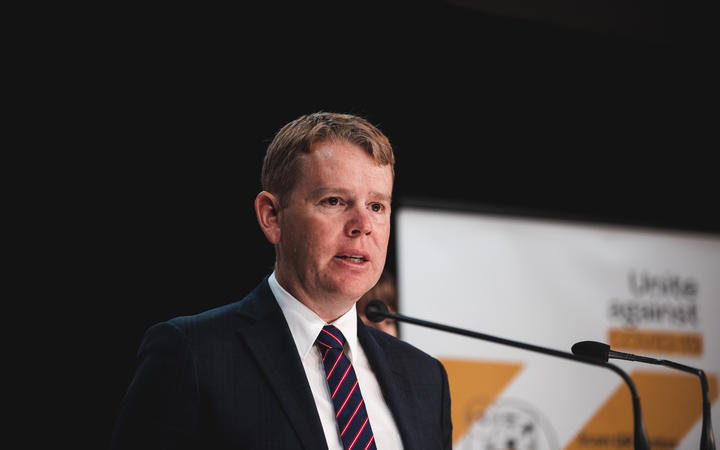
New Zealand has closed ranks during the pandemic, maintaining strict border controls and mandating a fortnight's quarantine on arrival in keeping with its Covid-19 elimination strategy.
The government has rationed arrivals through a border regime known as "managed isolation and quarantine", or MIQ.
Arrivals have been capped at around 6000 a fortnight, leaving many Kiwis waiting weeks or even months to secure their place in MIQ, and a return home.
Not any longer.
The creation of the transtasman travel bubble, removing the need for Australia-based Kiwis to quarantine, has freed up so many places in MIQ, the government is now rolling out the red carpet.
"If you're a Kiwi desperate to get home, do it now," Covid-19 Response Minister Chris Hipkins said.
"People can jump online today and book a room to come home. Space is available. Take up the opportunity to come back."
While its space in MIQ facilities which has brought the change of heart, Hipkins teased they also may be legal pressures.
NZ has a bill of rights that guarantees the ability of citizens to enter and exit the country.
Hipkins said the incredible demand for MIQ was "starting to push up against that right".
"We have been very conscious of the fact that New Zealanders have a right to return back to New Zealand," he said.
"People were having to wait six months to get a space in managed isolation. That's not the case now. We've got about 20,000 rooms available over the next three months."
This week, the government has re- allocated some of the weekly rooms available to critical and seasonal workers, international students and refugees.
"We don't want that (MIQ) space to sit there empty. We're looking at other ways of filling that up," Hipkins said.
The government is yet to reunite many non-citizen families who have been separated by border closures.
A stay in MIQ costs an adult $NZ3100, which is waived for arrivals staying long term or in cases of financial hardship.
The government drew criticism last month when it blocked arrivals from India from entering NZ - a move that preceded a similar decision by Australia - which also appeared to contravene the bill of rights.
The blanket ban has since been removed, allowing citizens and their immediate family members to travel - but not that of permanent residents.
Alongside the border shift, NZ's rollout of Pfizer vaccine continues - albeit at a relatively slow pace.
The health ministry released its weekly rollout figures on Wednesday, showing it was running seven percent over its plan.
That equates to just 268,000 people, or five percent of Kiwis, receiving their first vaccine dose - and around two percent being fully vaccinated with their second dose.
NZ has been ranked 103rd in the world for its rollout, which gains serious pace from July.












